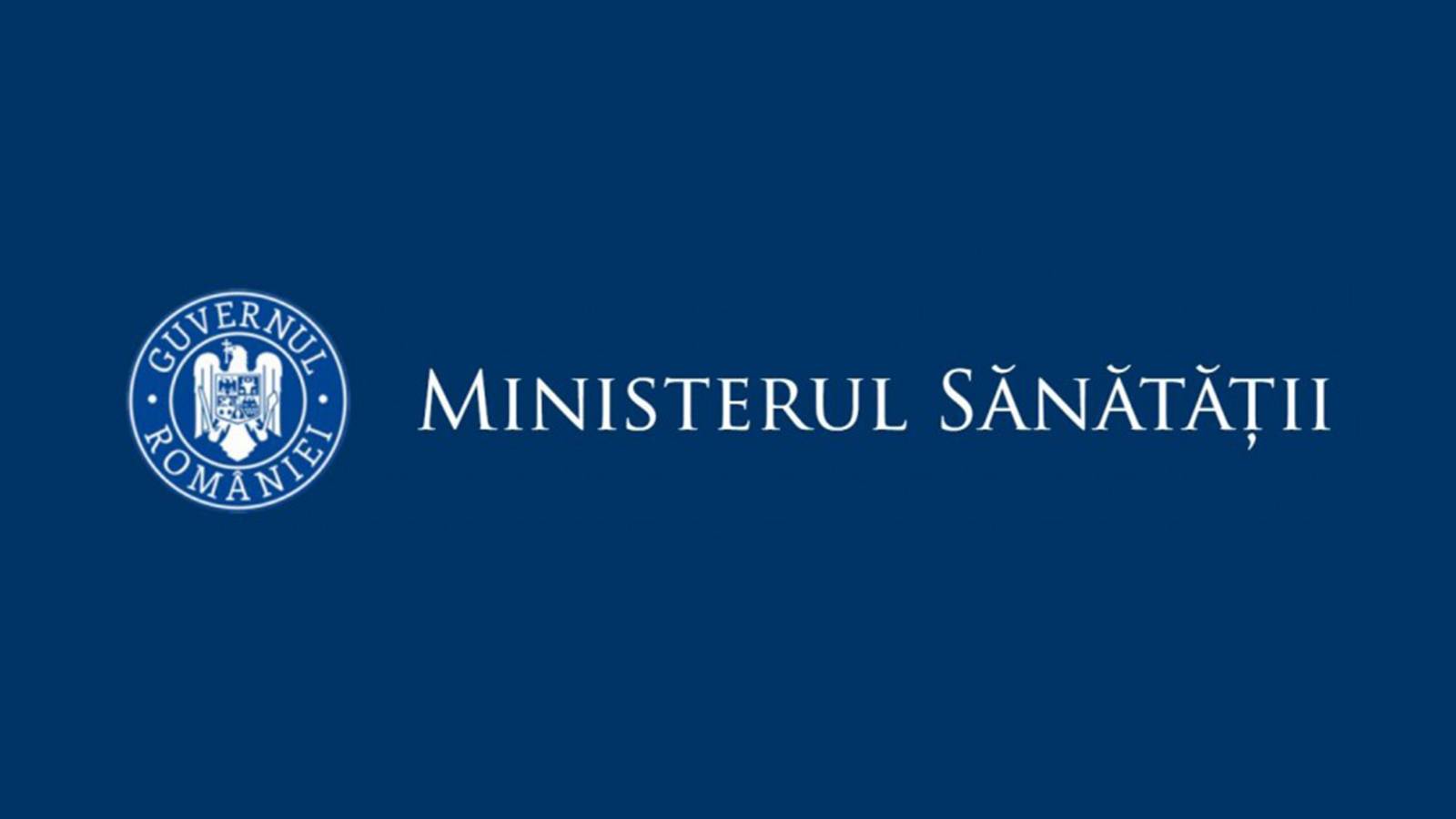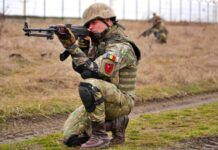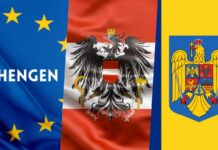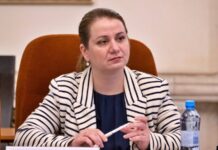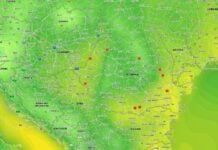The Ministry of Health published today a ministerial order that will give policemen and gendarmes the opportunity to apply fines for not wearing protective masks inside closed public spaces, and not only that, as it is needed so that they can be applied.
The Ministry of Health details below the ministerial order that will be published in the Official Gazette, and will become mandatory shortly after publication, it must be respected by everyone, especially by shops, but even by other companies.
"Nelu Tătaru, the Minister of Health approved the MS-MAI Joint Order regarding the establishment of the obligation to wear a protective mask, epidemiological triage and mandatory hand disinfection to prevent contamination with the SARS CoV-2 virus during the state of alert
According to the document, during the state of alert, the protective mask must be worn in any closed public space, commercial spaces, means of public transport and at work, for the entire duration of the presence in any of the closed spaces of the premises,
Depending on the risk assessment carried out by the occupational medicine doctor of the unit or the school medicine doctor, as the case may be, there may be some exceptions, as follows:
a) ) the employee is alone in the office or there is at least 2 m between the people in that office, provided that the room is ventilated, at least every two hours and surfaces are disinfected;
b) the person suffers from diseases that affect the oxygenation capacity;
c) the person performs intense physical activities and/or in demanding working conditions (high temperatures, high humidity, etc.);
d) TV presenters and their guests, provided that the distance of 3 meters between people is respected;
e) speakers in public, provided that the distance of 3 meters is respected
f) pupils/students only during class hours, if the appropriate distance is respected
g) children under the age of 5.
The employer or the head of the institution has the obligation to develop its own procedures based on the risk assessment for each employee, depending on the work schedule, the specifics of the activity carried out, the organizational structure, the structure of the premises.
The occupational medicine doctors will do the risk assessment and issue recommendations regarding the necessity of wearing the mask for employees, and the OSH manager will train the employees in terms of safety and health at work.
Masks are effective if used in combination with frequent hand cleaning with alcohol-based solution or soap and water. Specifically, before using the mask, hands must be sanitized (with an alcohol-based solution or with soap and water). The protective mask must cover both the mouth and the nose and be changed every 4 hours or whenever it has become wet or damaged;
Do not touch the mask while wearing it, and in case of touching the mask, hands must be sanitized with an alcohol-based solution or soap and water.
After use, the mask is thrown away immediately in a specially designed space, preferably with a cover, operation followed by hand hygiene. It is NOT recommended to reuse medical masks.
Non-medical masks are washed daily at a temperature of 60-90 C and ironed with an iron equipped with steam at maximum temperature.
For children aged 5 years or older, it is recommended to wear non-medical masks (made of textile material);
In case of fever/cough/sneeze, wearing a mask is recommended in any circumstance (eg: in open spaces, at home).
The document developed by public health specialists from the Ministry of Health and the National Institute of Public Health also provides rules regarding the triage of people for access to a premises.
Thus, during the state of alert, institutions and public authorities, economic operators and professionals are obliged to organize the activity in such a way as to ensure, upon entering the premises, the epidemiological triage and mandatory disinfection of hands in accordance with the conditions and in compliance with the General Instructions regarding the measures of hygiene.
In this context, for the employed staff, upon access to the premises of the unit/institution, epidemiological triage and hand disinfection are mandatory. The triage does not involve the recording of personal data.
Epidemiological triage consists of:
a) temperature measurement by non-contact thermometer (the recorded temperature must not exceed 37,3 C);
b) observation of respiratory signs and symptoms (such as: frequent coughing, frequent sneezing, altered general condition);
c) if the recorded temperature exceeds 37,3 C, it is recommended to repeat the temperature measurement, after a period of 2-5 minutes of rest.
d) if the maintenance of a temperature higher than 37,3 C or/and the presence of other respiratory symptoms is observed, the person is referred to the family environment in order to perform a medical consultation:
– if he falls under the definition of a suspected COVID 19 case, the family doctor will recommend testing for the diagnosis of SARS-CoV-2 virus infection;
- if it does not fit the definition of a suspected case of COVID 19, the family doctor will establish the diagnosis.
The occupational medicine doctor will have the obligation to monitor the health status of the employees, he will train the employees in terms of OSH (Safety and Health at Work), but also the risk assessment to decide if there are other areas where the mask is not mandatory.
The persons with a management position in each unit (heads of structure) have the responsibility to perform the observational triage of the employees under direct supervision.
For people other than employed staff:
(1) Access to a premises is allowed only for persons who have justified reasons.
(2) If it is only necessary to hand over some documents, parcels, etc., this will be done outside the premises, directly to the person to whom they are intended, in compliance with the measures to prevent contamination with the SARS-CoV-2 virus
(3) If access to the premises is necessary, epidemiological triage and hand disinfection are mandatory. Triage does not involve the recording of personal data.
(4) Epidemiological triage consists of:
a) temperature measurement by non-contact thermometer (the recorded temperature must not exceed 37,3 C);
b) observation of respiratory signs and symptoms (such as: frequent coughing, frequent sneezing, altered general condition);
c) if the recorded temperature exceeds 37,3 C, it is recommended to repeat the temperature measurement, after a period of 2-5 minutes of rest;
d) if it is found that a temperature above 37,3 C is maintained or/and the presence of other respiratory symptoms, the person is not allowed access to the premises;
e) if the recorded temperature does not exceed 37,3 C and shows no other respiratory symptoms, access to the premises is allowed, by taking it from the entrance by an employee, with the registration of the office/room/department where he will go.
The measures will be applied immediately after the Minister's Order is published in the Official Gazette."


